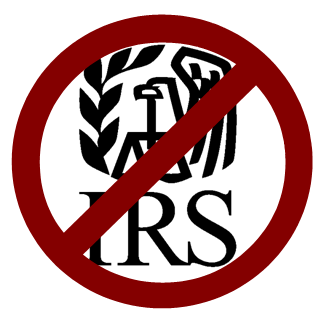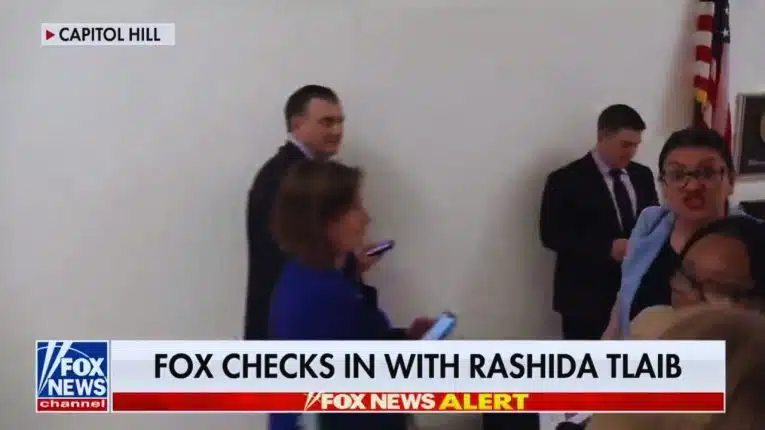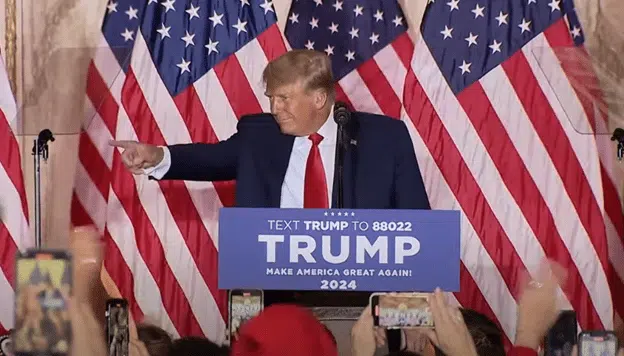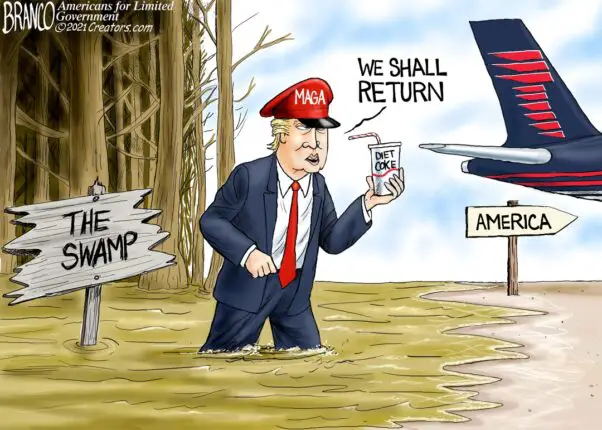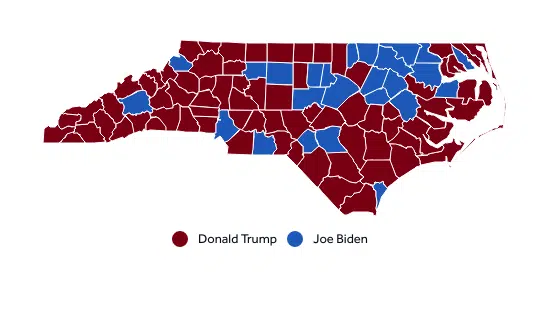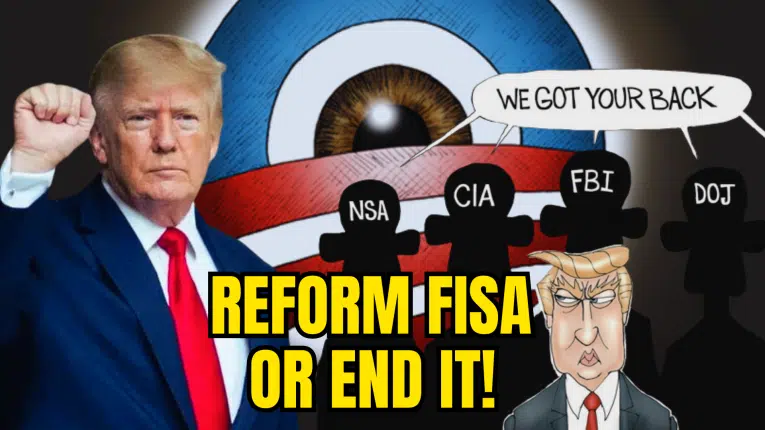The Internal Revenue Service (IRS) targeting of tea party and other 501(c)(4) organizations has now reached the post of the agency’s top lawyer, chief counsel William Wilkins, a political appointee. The bombshell was revealed in recent congressional testimony as reported by the House Oversight Committee.
How far we have come.
Originally, it was just supposed to have been originated two “rogue” officials at the Cincinnati office, according to former IRS Commissioner Steven Miller when he initially met with congressional investigators.
Then, it turned out that after applications for tax-exempt status reached the determinations office in Cincinnati, they were forwarded to technical office in Washington, D.C. for special scrutiny.
Managing director at the D.C.-based technical office Holly Paz, testified that in Feb. 2010 “a case was identified where there was potential for political campaign activity, and that was when they reached out to Washington and the case was transferred to Washington.”
Paz said she then forwarded it to agency tax specialist and attorney Carter Hull, who developed many of the invasive follow-up questions that attempted to probe just how political groups intended to be.
Now, Michael Seto, the head of Hull’s unit, has had his opportunity to testify, and he fingered none other than Exempt Organizations head Lois Lerner, who apparently ordered that the tea party applications be subjected to special scrutiny.
In addition, Hull said that when he met with Lerner’s senior adviser, he was told that his recommendations on the tea party applications would be first reviewed by the IRS general counsel William Wilkins.
So, Lerner and Wilkins were huddling on the issue and coordinating the decision-making process on the tea party and other 501(c)(4) organizations. But why were these organizations being targeted?
Hull’s supervisor, Ronald Shoemaker told investigators that the counsel’s office wanted information about the applicants’ political activities leading up to the 2010 election.
This in itself is unsurprising. Former commissioner Miller had testified “What happened here was someone saw some tea party cases come through. They were acknowledging that they were going to be engaged in politics. This was the timeframe in 2010 when Citizens United was out. There was a lot of discussion in the system about the use of [501](c)(4)s.”
Yet such scrutiny of (c)(4)s was unprecedented, as the technical unit’s Paz had suggested, “Political campaign intervention in 501(c)(4)s was not something we have previously dealt with very much.”
And, according to Shoemaker, the counsel’s office at the agency “indicated that they wanted more development of possible political activity or political intervention right before the election period.”
The problem with this rationale for the targeting is that (c)(4)s are allowed to engage in political activity, that is, electioneering for or against a candidate for public office.
As noted in a recent statement by Americans for Limited Government President Nathan Mehrens, “It is already clear based on IRS rules that 501(c)(4) organizations are allowed to engage in a limited amount of political activity provided it does not constitute a majority of its activity, plus an unlimited amount of lobbying and issues advocacy.”
So, why was the agency targeting political activity? Miller tells us why: “This was the timeframe in 2010 when Citizens United was out. There was a lot of discussion in the system about the use of [501](c)(4)s.”
Perhaps with that in mind, congressional investigators are now demanding that agency commissioner Werfel produce “all documents and communications between or among employees of the Internal Revenue Service, employees of the Department of the Treasury, or employees of the Executive Office of the President between February 1, 2010, and the present referring or relating to the 2010 Supreme Court decision, Citizens United v. Federal Election Commission.”
Everyone will recall that the court ruling allowed Citizens United, a 501(c)(4) organization, to engage in electioneering, making the agency’s decision to shut down 501(c)(4) political speech and independent expenditures inexplicable.
Unless it was an explicit attempt to defy the Supreme Court’s ruling.
Within days of the ruling, President Barack Obama was trashing the Supreme Court in his State of the Union Address, saying “last week the Supreme Court reversed a century of law that I believe will open the floodgates for special interests — including foreign corporations — to spend without limit in our elections.”
And within a month, groups were being targeted by the IRS for engaging in political activities.
So, now the issue becomes whether chief counsel Wilkins received legal or other agency guidance that political cases needed to be targeted in light of the Citizens United ruling. Did he issue any such guidance?
Being an Obama political appointee, there are few places besides the White House to pass the buck. Suffice to say, this is all becoming very interesting.
Robert Romano is the Senior Editor of Americans for Limited Government.


